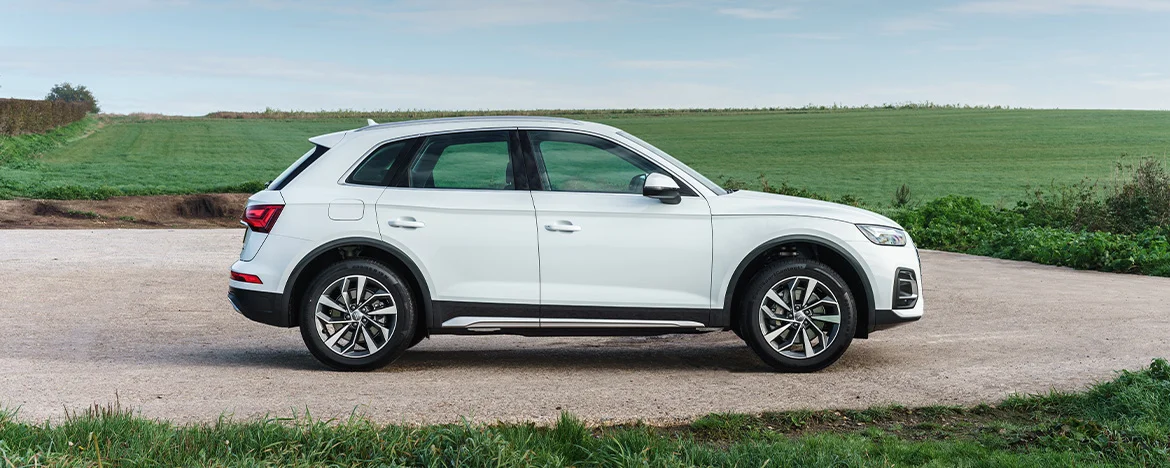1. What affects car depreciation?
There are many things that affect depreciation levels; some of them to do with the car's make, model and specification, others to do with vehicle usage and maintenance:
Mileage
The more miles on the clock, the less your car will be worth.
Previous owners
The greater number of previous owners, the perceived greater potential for things to go wrong.
Warranty and service history
The more warranty that is left on a vehicle when it is being sold, the higher its resale value. Vehicles that have a complete service history with work carried out exclusively at the main dealer will also retain a higher value.
Brand and model
The reliability and desirability of the brand and model of car will greatly affect it's depreciation rate. Popular brands with a strong reputation will have a greater pool of potential buyers and therefore will retain their value better. Newer models or designs are more likely to hold their value, as will those registered with the latest date tag on their number plate (soon to be the 69 plate).
Fuel economy
Smaller, more fuel efficient cars cost less to run and therefore appeal to a larger community of buyers. This demand means these cars tend to depreciate less compared to those with high fuel and emissions levels.
Safety tests
Positive results in safety tests and ratings, as well as safety accolades, will lessen a car's depreciation. The opposite can be said of widespread faults and recalls or known but unresolved issues with the car itself.
Compliance
Cars that are compliant with the latest regulations, especially those regarding the environment, will retain their value better than those that are not.
Condition
As with all things we buy, cars become worth less once they have been used. This is due to the increased vulnerability of repair but also to reflect the nicks and scrapes picked up along the way. If your car is in bad condition you can expect it to be a lot less valuable than the same car in pristine condition.






